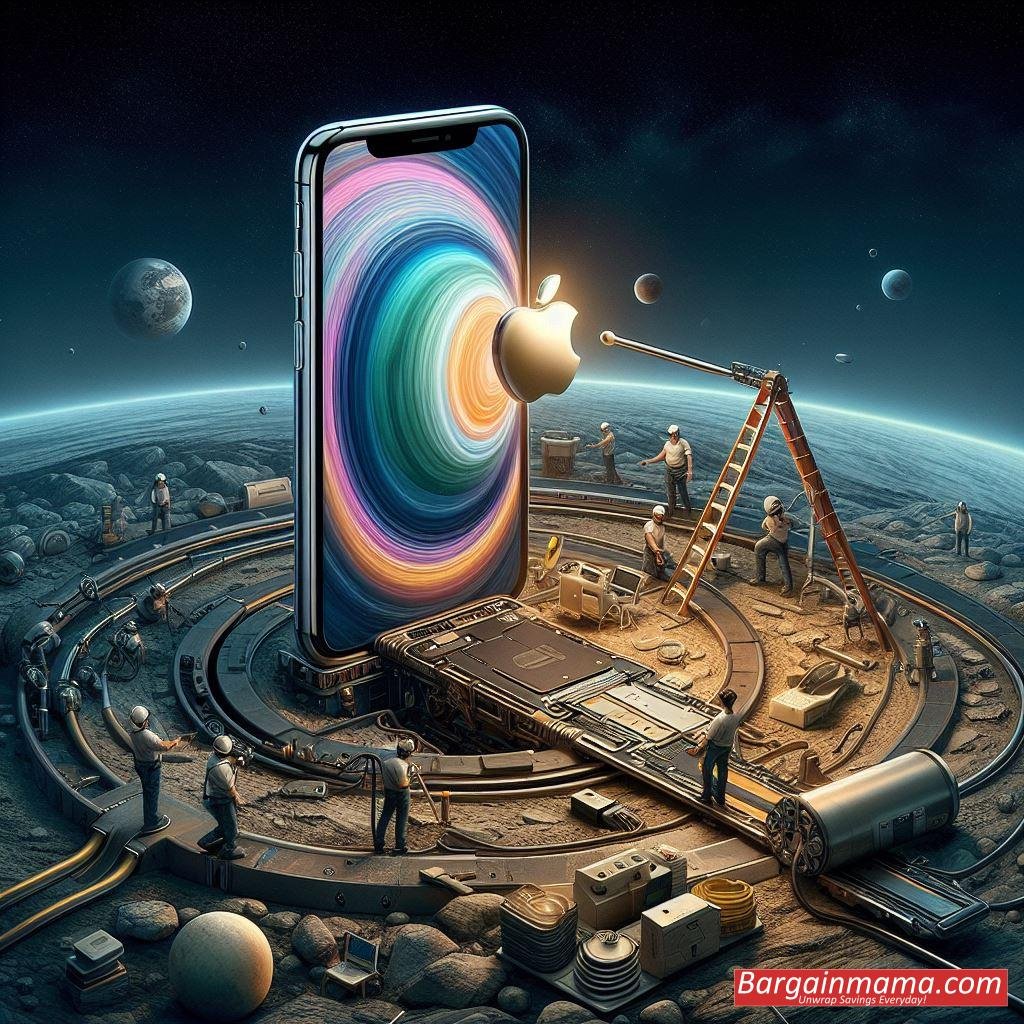As a major step toward compliance with the Digital Markets Act (DMA) of the European Union, Apple has disclosed that it plans to roll out an easy-to-use mechanism that will make the switch from iPhones to Android devices easier. This revelation, which is covered in depth in Apple’s compliance document that was just released, demonstrates the tech giant’s dedication to promoting a more competitive environment and allaying regulatory authorities’ fears.

The Verge has learned that Apple’s compliance document lists a number of actions intended to comply with the DMA rules. One of the most notable aspects of these initiatives is Apple’s commitment to provide smooth solutions for iPhone owners who are thinking about switching to Android. According to the firm, this project would enable mobile operating system vendors to provide more user-friendly ways to transfer data from iPhones to devices that are not owned by Apple.
Apple’s upcoming data portability capabilities, which are expected to be released by autumn of 2025, are essential to this attempt. By utilizing these advancements, consumers may expect a more seamless transmission of vital information, including contacts, images, and more. Although certain data transfers are currently possible with current solutions, such as Google’s “Switch to Android” app, Apple wants to improve user experience by increasing the amount of material that can be sent.

While details about when this user-friendly solution will be available are yet unknown, it is expected to be a major step forward in Apple’s regulatory compliance journey. There are still unanswered questions about whether this capability will just be available to people in the EU or to all iPhone users globally.
The EU DMA’s designation of Apple as one of the digital giants acting as “gatekeepers” highlights the need for aggressive steps to promote competition. Since the DMA is a proponent of fair practices in the digital realm, Apple’s compliance initiatives are even more important in fostering a level playing field.
Notably, conversations about Apple’s iMessage service have surfaced in relation to the requirements of the DMA. Although the European Union considered designating iMessage as a “core service” that required Android compatibility, this proposal was ultimately abandoned. Although the decision does not need this kind of connection, Apple is nonetheless dedicated to improving iMessage’s capabilities by implementing the RCS standard, even if it will continue to use its unique green bubble interface.

Apple’s announcement of its user-friendly transition mechanism demonstrates the company’s adaptability to changing market conditions as it navigates its way towards regulatory compliance. Apple demonstrates its dedication to innovation by putting consumer ease and regulatory compliance first, even as it navigates the intricate regulatory environment that shapes the digital ecosystem.



